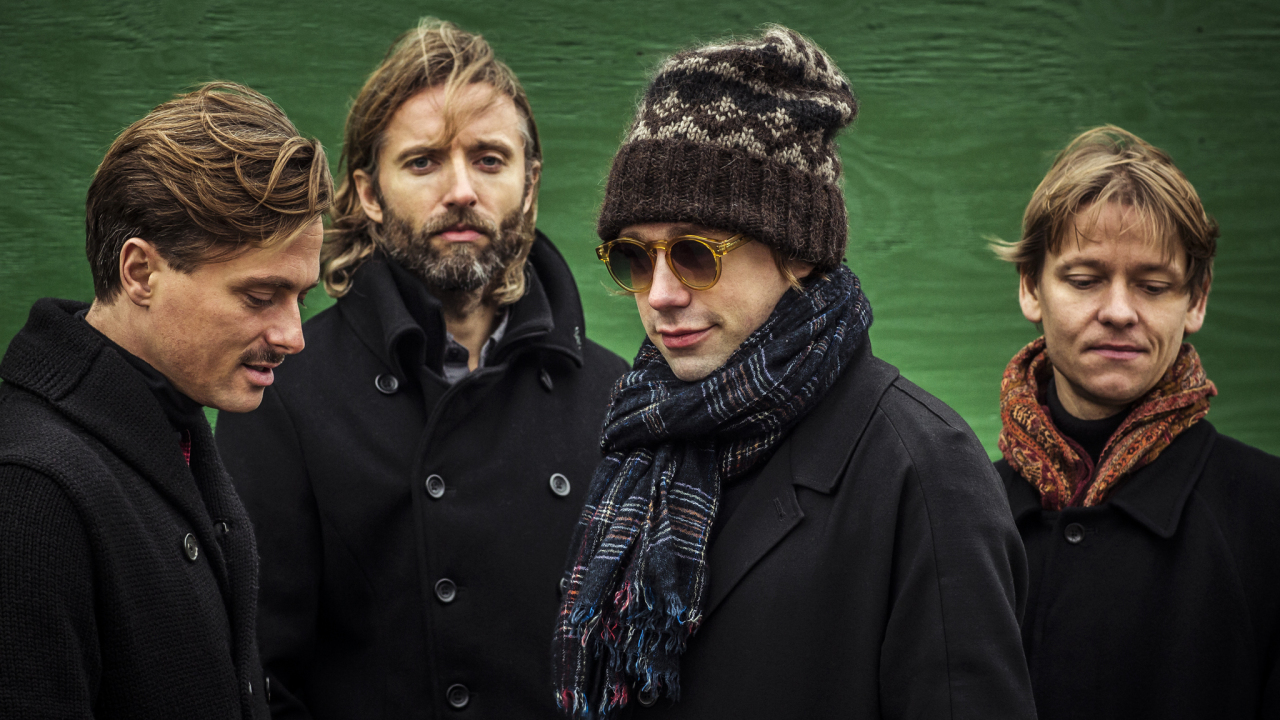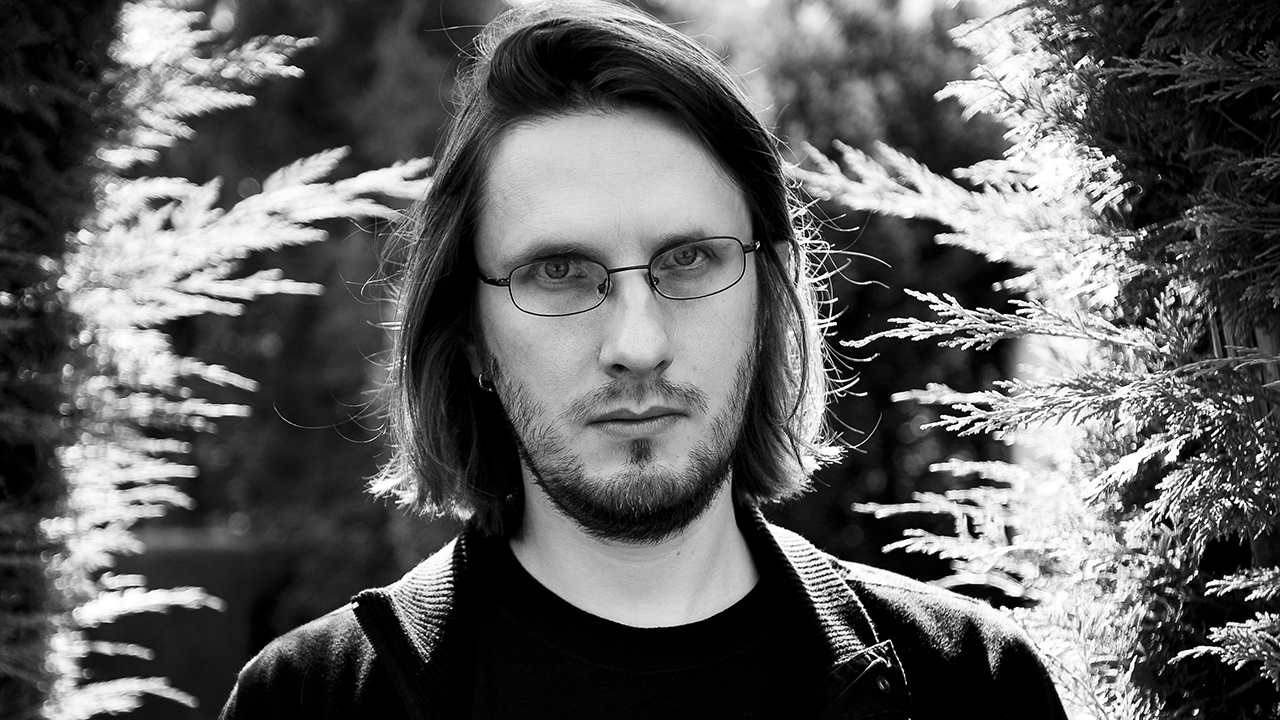Limelight: Mew
Part Sigur Rós, part synth-pop, meet Denmark’s stadium-filling self-saboteurs.

Danish prog-pop weirdos Mew are, in some ways, their own worst enemies. Since forming in 1994, their masterful blending of addictive pop hooks, progressive song structures and unusual timings has led the four-piece to fill stadiums in their home country and win a devoted audience worldwide, but it’s also left a trail of frustration. “We’ve put obstacles in front of ourselves our whole career,” reflects frontman Jonas Bjerre. “We used to have record executives pulling their hair out, being like, ‘Why did that bridge have to be in 6⁄4!? That could have been played on the radio!’”
The execs were right – with a few tweaks they could be radio-friendly – but that misses the point. The band have previously won comparisons to Yes (likely due to Bjerre’s remarkable falsetto), but this is a group who confound classification. They occupy a sonic space somewhere between Muse’s stadium bombast and Sigur Rós’ ethereal beauty, with an approach rooted in alt-rock. But even then we’re painting in broad brushstrokes.
“When we were kids, we listened to a lot of 80s pop,” says Bjerre. “Then we discovered Pixies, Sonic Youth, Dinosaur Jr., things like that. We wanted to be a noise-rock band, but pop slowly crept back into our consciousness and, I think, now we embrace that and let the music come out the way it is.”
The band’s recent sixth album +- is in many ways a return to that original dichotomy – not least because it’s the first album since 2005’s excellent And The Glass Handed Kites to feature bassist Johan Wohlert, who quit in 2006. “Michael Beinhorn [producer] came over early in the process and he said he felt there were great ideas, but he missed the ‘core’ of the band,” admits Bjerre. “He suggested we give Johan a call. So I think that was the big thing. That is partly the reason that a lot of it sounds celebratory and triumphant. It’s like, ‘We’re back.’”
We wanted to be a noise-rock band, but pop slowly crept back in.
Mew in triumphant form is a thing to behold. Recorded in Copenhagen (as opposed to the US, like their previous two albums), +- feels like Mew have come home, albeit via a different path. The likes of Interview The Girls see them re-embrace 80s synth-pop, while at the other end of the spectrum, Rows – all 10 minutes and 43 seconds of it – is their most ambitious composition yet.
“It was a weird song,” recalls Bjerre. “It was more like a film score in the beginning. It was an instrumental for a long time. There’s a stubbornness in the way we have these parts and we make them work together, you know?”
Sign up below to get the latest from Prog, plus exclusive special offers, direct to your inbox!
‘Stubborn’ is a pretty good description of Mew’s approach to making music. ‘Uncompromising’ might be fairer and, bearing in mind the decisions that they’ve made in the face of record company pressure, you might even say ‘brave’.
“I guess that’s just how it is, though,” muses Bjerre with a shrug. “However we are is what we are. I don’t know if that’s brave, but at least it’s kind of honest.”
PROG FILE
line-up Jonas Bjerre (lead vocals), Bo Madsen (guitar), Johan Wohlert (bass), Silas Utke Graae Jørgensen (drums) sounds like Jónsi falling down the stairs, listening to J. Mascis’ iPod current release +- is out now on Play It Again Sam website www.mewsite.com
